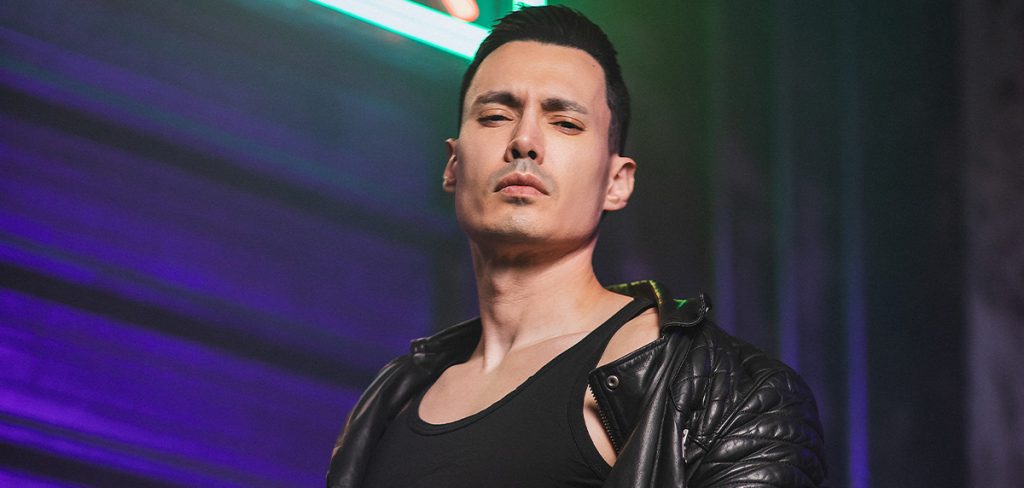There was a time when masculine stardom was defined by muscle alone. Think Stallone in Rocky IV or Schwarzenegger in Commando. Bodies as monuments, action as language, emotion as afterthought. The men who dominated screens in the 80s and early 90s built careers on physical spectacle, embodying a fantasy of strength that left little room for nuance. But audiences have changed. The old archetype is fading, and a new one is quietly emerging.
Enzo Zelocchi represents that shift. He carries the presence of a leading man who could hold his own in any action sequence, yet what sets him apart is not brute force but balance. His charisma is hypnotic without arrogance, his strength softened by an ease of empathy. He is ambitious, but ambition never comes unaccompanied. Conscience is always present, woven into his public persona and his private ventures. This blend feels modern not because it reinvents masculinity from scratch, but because it reframes it for a world that values vulnerability alongside discipline.
The Humanitarian Hero
Audiences today are weary of caricatures. They want to see men on screen and in life who embody resilience but also acknowledge humanity. Zelocchi offers exactly that. His humanitarian commitments, particularly through projects like A-Medicare, complicate the traditional action-star image. Instead of being remembered only for on-screen heroics, he is building a legacy of tangible social impact. The contrast is powerful. Where once audiences might have applauded a character lifting cars or tearing through villains, they now respond just as strongly to a star who takes the time to dismantle barriers in healthcare access.
Zelocchi’s international roots amplify this evolution. Born into Italian culture, shaped by Hollywood, and operating on a global stage, he feels less like a Hollywood stereotype and more like a cosmopolitan figure who transcends borders. This identity matters. Global audiences no longer want stars who fit neatly into national molds. They want representation that mirrors the interconnectedness of the modern world. Zelocchi, fluent in multiple industries and fluent in multiple cultures, delivers that. He embodies a masculinity that is not parochial but expansive, capable of thriving in Los Angeles, London, or Milan with the same ease.
Style, Versatility, and the New Archetype
Style also plays a part in his reinvention of stardom. The sharp suits, the tailored look, the quiet assurance recall elements of Bond, but without the detachment that sometimes defined the character. Zelocchi’s aesthetic communicates power, but it is paired with warmth. He does not use style as armor. He uses it as expression. In an era where fashion itself has become a language of fluidity, this adaptability feels more relevant than the rigid uniforms of the past.
Perhaps the most notable quality is his ability to move between genres and industries with equal command. He has acted, produced, and built businesses. He has navigated Hollywood lights and international boardrooms. This versatility is not the old kind of star power, which relied on repetition of a single image, but the new kind, which depends on adaptability. Masculine stardom today is less about proving dominance in one arena than about proving resilience across many.
Enzo Zelocchi embodies that adaptability. He is not resurrecting the muscle-bound archetype of yesterday, nor is he rejecting it entirely. Instead, he is rewriting it, adding layers of empathy, global awareness, and strategic vision. His version of masculinity allows for strength without cruelty, ambition without ego, power without detachment.
The message is clear. Stardom no longer requires invulnerability. It requires humanity. And in that shift, Zelocchi is not simply another actor with business ventures. He is a blueprint for what it means to be both powerful and humane in a century where audiences demand nothing less.


